Donald Trump’s “Liberation Day” was the culmination of a 30-year insurgency against the global economic system. It was the most fiscally significant event since lockdown. By the fiat of the President, tens of trillions of dollars were on the move; stock markets trembled; and the US-China relationship – the material basis of globalization – seemed at risk of permanently freezing over.
Yet just under a week later, tariffs were to be displaced in the news cycle by the case of a deported “Maryland man,” Kilmar Abrego Garcia, and his possible gang affiliations. Only one of these events would prompt five Democratic lawmakers to drop everything for an urgent trip abroad.
To its critics, the status quo in America rests on two pillars: globalization, plus a certain mare-eyed reverence for human rights and established institutions. In this respect, the events of this month have been an education: the latter has been revealed to count for everything, and globalization for nothing at all.
In November 2018, Steve Bannon claimed that populism was about overturning a globalized economic system and the elites who defended it. If that were the case then all he had to do was sit pretty. In a little over a year, those same elites would cheerfully torch this system over Covid. Their reason? The same kinds of overbearing moral strictures that are now invoked in Garcia’s defense.
A year later, Joe Biden arrived in the White House with a plan to make some select concessions to the Trumpist agenda. Notice what he kept: his predecessor’s leeriness towards China, and the general turn towards protectionism. Notice what he was not willing to compromise on: the southern border, deportations, criminal justice. To someone of Biden’s character, the former was a matter of indifference; but the latter was the very stuff of civil society. In 2025, Washington has treated Donald Trump’s attempt to revise the terms of global trade in a single afternoon as a strange subplot to the main drama: legal trench warfare over whether any state institution can be reformed, and whether any illegal alien can be deported.
If it ever did, the opposition to populism no longer has anything to do with a defense of free trade and the global division of labor. What’s really being defended is far more pedestrian: the inviolability of the state bureaucracies; the rights of murderers, sex criminals and illegal immigrants; and the semi-clerical status of podunk judges – in other words, “Our Democracy”: an increasingly shabby euphemism for the status quo.
We’ve been taught to see globalization and this sort of human rights proceduralism as two halves of the same whole. But there was never any necessary relationship between the two. That you have to take one with the other would certainly be news to China, or the UAE, or Singapore – stout defenders of globalization, but not of the kind of human rights maximalism with which it’s now so regularly elided.
There is nothing inherent in NAFTA, or the WTO, or AIPAC that should have led to illegal migrants being stashed in five-star Manhattan hotels at the taxpayer’s expense – migrants who were not even there to provide cheap labor. It was a historic mistake for advocates of the former to allow their own cause to lumped in with the latter. If globalizers and free traders now want to take back the initiative, then their first task is to put some clear blue water between the two.
If human rights maximalists no longer care about globalization, then what might the converse look like? It’s an underserved market. But consider this: had Joe Biden inverted his concessions to Trumpism, had he sought a rapprochement with China while rigorously enforcing the southern border and locking up criminals, then he’d probably still be in the Oval Office.



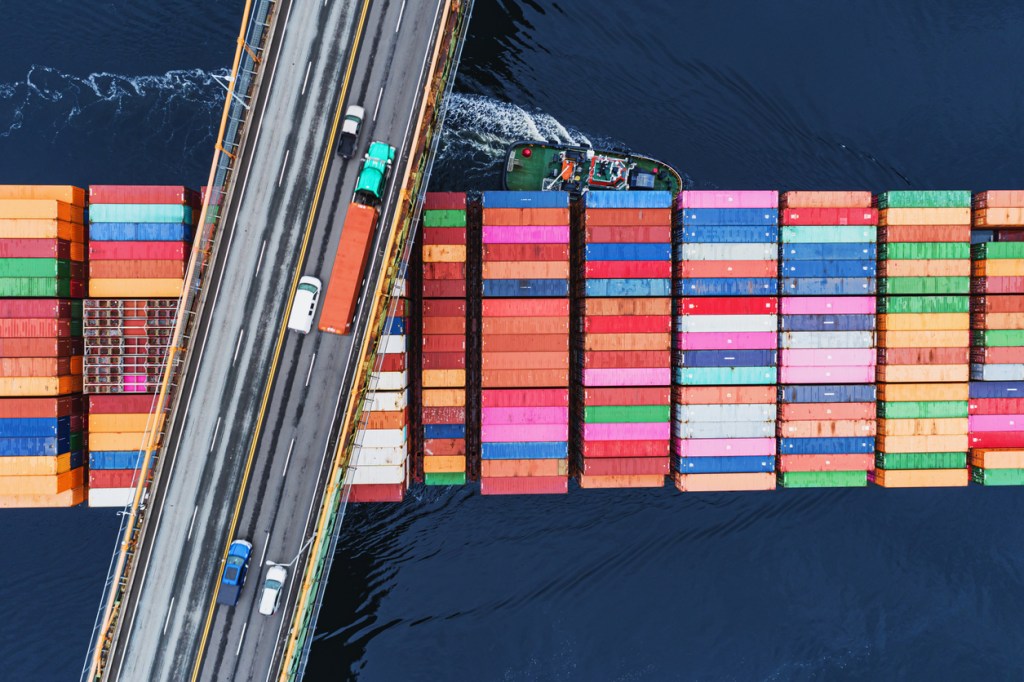






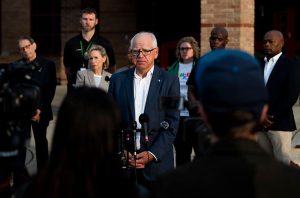




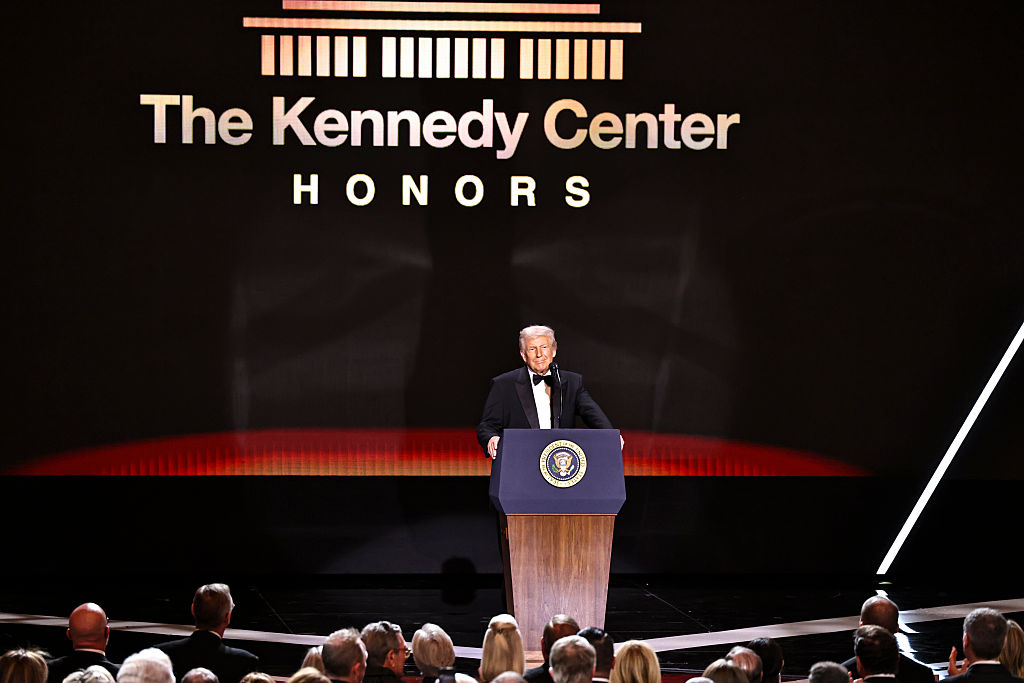
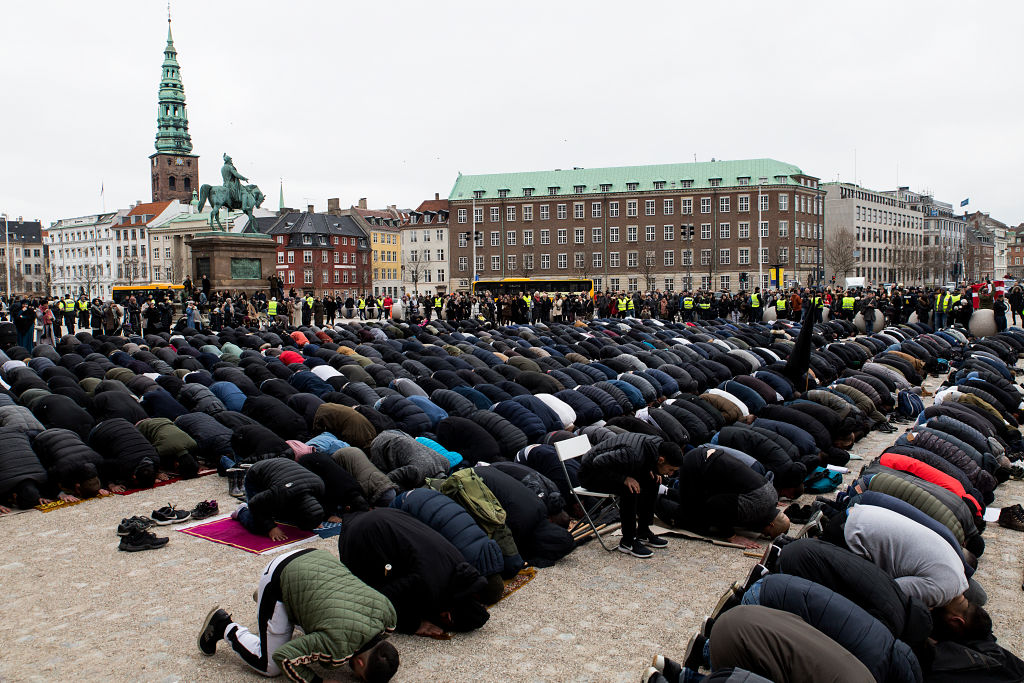
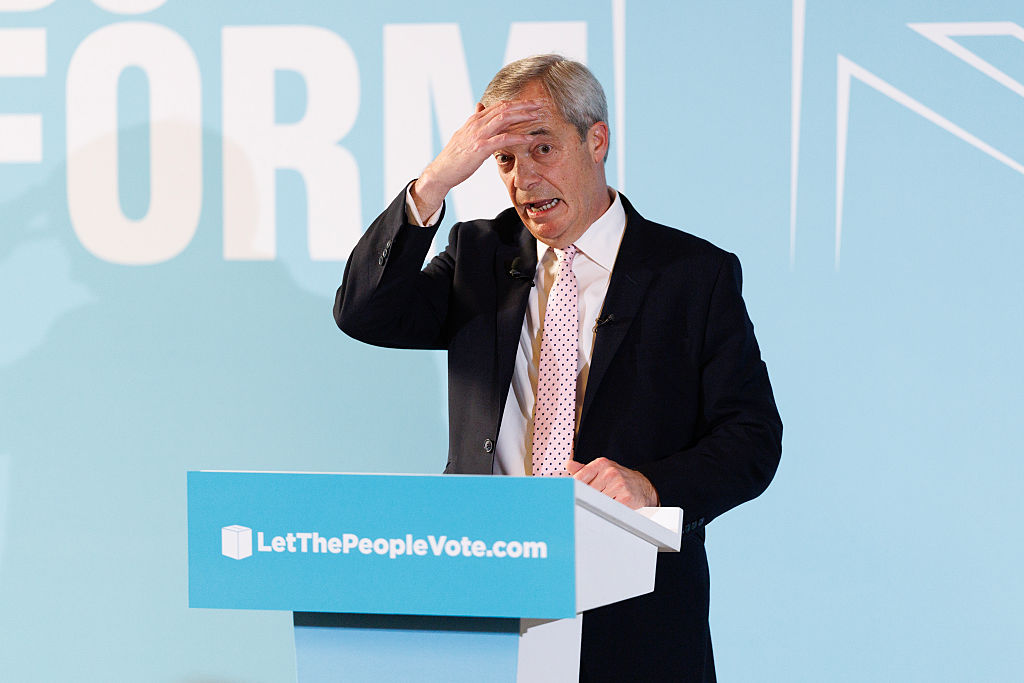








Leave a Reply